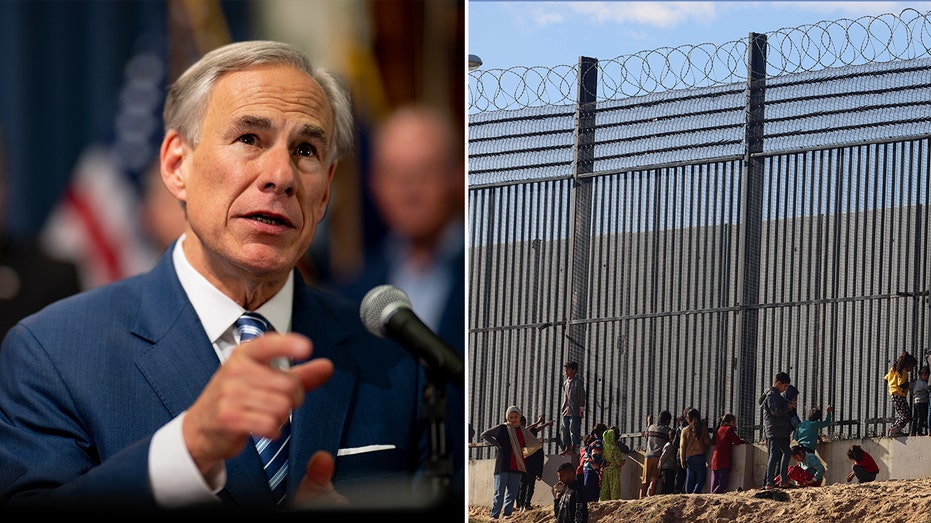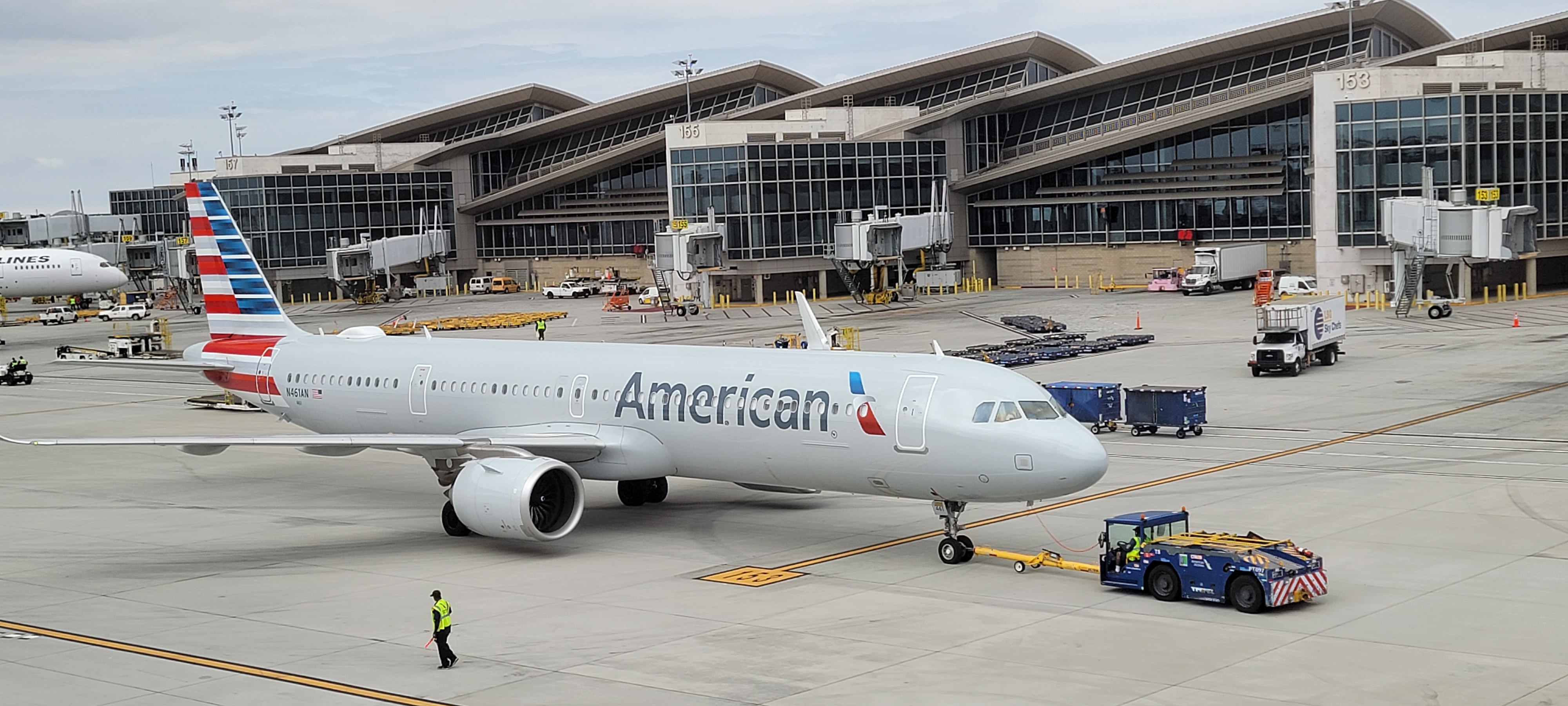I'm Canadian, and my husband is American. We chose to live in Canada even though salaries are often lower.
A millennial couple chose Canada over the US. They felt that giving up some job opportunities and the potential to make more money was worth it.
Courtesy of Isheeta Borkar
- Isheeta Borkar and her now-husband met when she lived in Vancouver and he lived in Seattle.
- When they married in 2019, they decided Canada was the best place to build their life together.
- In Canada, Borkar feels more accepted and like she can travel without being excessively questioned.
This as-told-to essay is based on a conversation with Isheeta Borkar, a 33-year-old working in human resources and travel blogger living in Vancouver. The conversation has been edited for length and clarity.
My husband and I are originally from India, but moved separately to the US and Canada over a decade ago.
When we met in 2018, he lived in Seattle, and I lived in Vancouver. We dated for over a year, going across the border every weekend to meet. After our wedding in 2019, he moved to Canada to be with me.
We travel often to the US because my husband works for a major tech company and has work commitments there, and my sister lives in Seattle.
Since obtaining Canadian citizenship in 2017, I haven't encountered any challenges crossing the border — until recently.
When we visited Seattle from Vancouver in February, political tensions between both countries were noticeably rising, and we were asked significantly more questions than usual at the border.
Instead of the typical inquiries like "Where are you going?" or "What's the purpose of your visit?", we faced more probing questions such as, "Why are you going there?", "Are you planning to work from there?", and "How many days off are you taking?"
The extensive questioning made us feel considerably more nervous than before. Now I feel a knot in my stomach whenever we cross the border.
I felt more comfortable living in Canada.
When I got married, my parents were very surprised that my husband moved to Canada instead of me moving to the US.
After all, the US is the land of opportunities. There are seemingly more job prospects for ambitious, career-minded people, and the salaries are often higher.
As an immigrant, I believe there's a trade-off to living in the US. I have many friends and family members who live there, all of whom are immigrants. Over the years, I've noticed that regardless of their visa status — a tourist visa, H-1B, or green card — they rarely feel confident or secure about leaving the country and returning.
Recently, there's been much more questioning about when immigrants travel to and from the US. There's always a sense of nervousness for them: "Will I be allowed back in?" or "What if they don't let me return?"
I haven't had to worry about that in Canada. I can travel freely — leave and return easily.
Canada has its pros and cons.
Canada and the US are similar in many ways, but they are also very different. Both countries receive a lot of immigrants. However, I think they differ in their societal attitudes toward newcomers.
Many years ago, I spent two or three months living with my sister in Seattle. I never felt completely welcome or at home enough to build a life there.
However, in the part of Canada where we live, people make it easier to feel at home because of their warmth and welcoming attitudes. It also feels easier to get permanent residency in Canada, blend in, and be part of the community. Ron Watts/Getty Images
Canada also has other great things, like universal healthcare, but some cons exist.
Over the next 10 years, I don't envision having as many opportunities as I would have in the US, not just in terms of a higher salary or career prospects, but also in everyday services.
Food delivery and access to Indian groceries or other services are more limited in Canada, in my experience. Sure, there are more options in larger cities like Vancouver, but you won't find much when you go to smaller cities within British Columbia.
Many Canadians are concerned about tariffs and the looming trade war
My husband and I first felt the impacts of the trade war after putting our apartment in Vancouver up for sale in February.
It's been on the market for about three months, and we've had a couple of showings and a few open houses, but we haven't received any offers.
I believe it's because many people are waiting to see how things play out economically and politically. Many people fear what Trump will decide regarding tariffs and what kind of retaliation might follow.
If there are more tariffs, people may expect life to become more expensive. That could make more people think before they spend.
The real-estate market is also down, which is contributing to people's uncertainty about purchasing property. Courtesy of Isheeta Borkar
Canadians are finding different ways to support the local economy, though.
For example, the BC Liquor Store, the provincial liquor store in British Columbia, has shifted its inventory. It now stocks more BC wines than international selections, such as those from California.
People are also supporting Canada in terms of travel. Some of my friends, who enjoy visiting warmer places like Hawaii or Florida, have canceled their trips there.
We don't plan on moving to the US anytime soon.
My husband and I will continue traveling the US, especially to visit my sister. For her, leaving the country might be more difficult than it is for me to meet her. I work remotely, and she doesn't.
However, if it becomes more difficult to visit her, I'll have to reduce my visits from once a month to maybe every three months.
For now, we're planning to stay in Canada. However, we never say never about living in the States one day.
If something changes, like if we have an extraordinary opportunity — a position that would advance either of our careers in the US — and if that's our priority, we could probably make something work temporarily.











































































